Czech Republic Freelance Visa (Živno Visa)
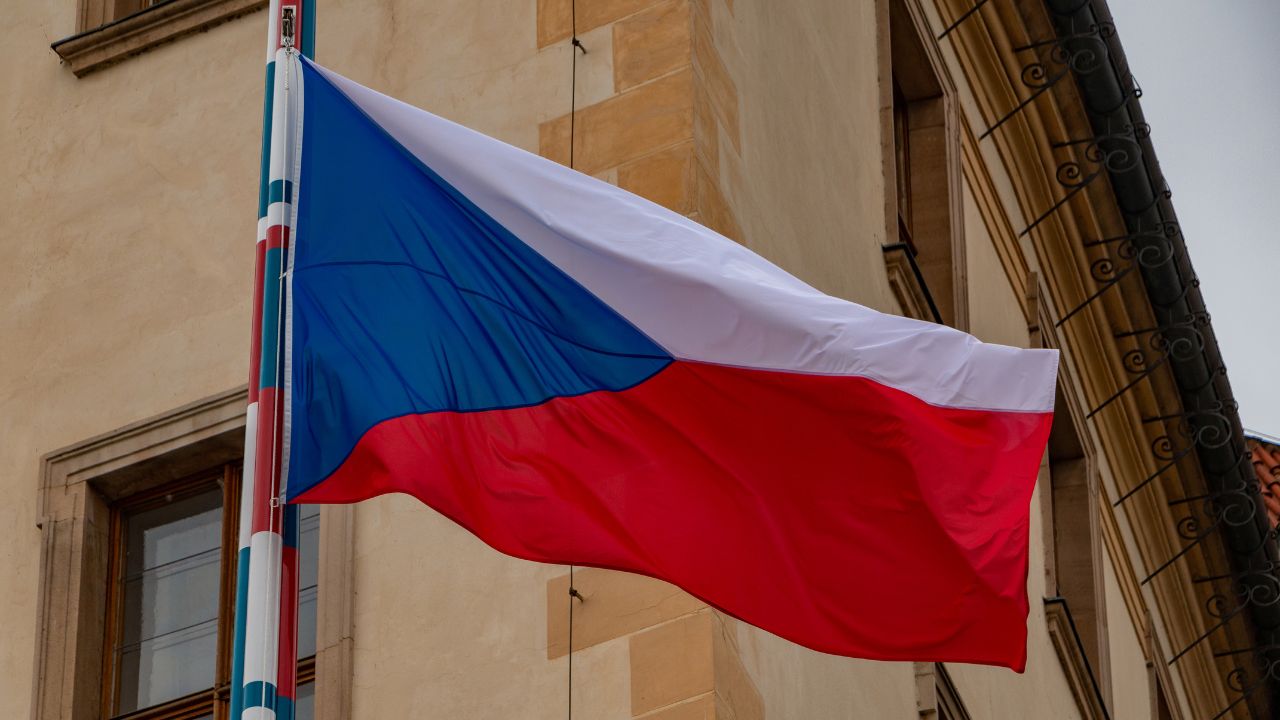
Quick Visa Facts
Visa length 6–12 months
Possible to extend? Yes, the visa can be extended if you continue meeting all requirements.
Who can apply? Non-EU/EEA/Swiss nationals with a trade license.
Minimum Income Requirements CZK 156,500 (~USD 6,417) to cover living expenses for the initial period of stay.
Time for visa applications 60–120 days, though exact times depend on the embassy or consulate.
Want to know if you can apply?
Complete a visa quiz and see if you qualify!
Thinking about working for yourself while living in the heart of Europe? The Czechia freelance visa, commonly known as the Živno visa, is one of the most popular ways for non-EU citizens to live and work in the Czech Republic legally. Unlike a traditional work permit, the Živno visa allows you to register as a freelancer or sole trader, giving you the freedom to offer services, work with multiple clients, and run your own business.
For digital nomads, entrepreneurs, and independent professionals, this visa has become a gateway to long-term life in Prague, Brno, and other Czech cities. But the application process can feel overwhelming if you’re not sure where to start.
This guide breaks down everything you need to know, from eligibility requirements and documents to prepare to tax obligations and long-term residency options.
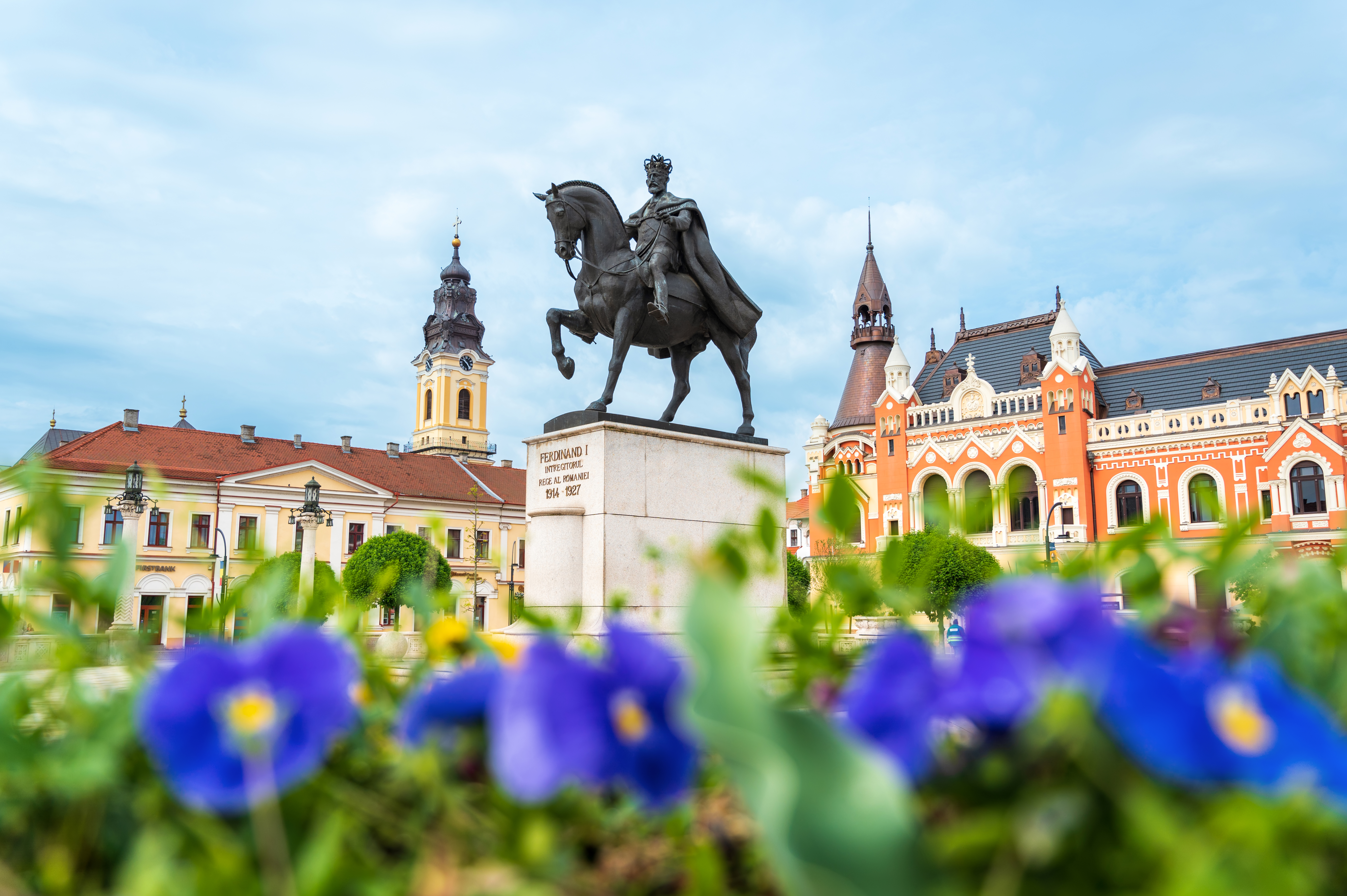
Czechia Freelance Visa Overview
The Czech “Živno” or “Trade License” / Long-Term Visa for the Purpose of Doing Business is a legal pathway for non-EU nationals to live in Czechia and operate as self-employed/freelance professionals, or manage a business. It’s often used by freelancers, consultants, digital nomads, and others who wish to provide services either to Czech clients, abroad, or both, while having official residence status tied to their business activity.
Though the framework around self-employment visas in Czechia has been around for many years under the “entrepreneurship” / business visa category, there have been updates more recently (notably in mid-2023) with the launch of a Digital Nomad program. This gives more clarity and specific rules for remote workers/freelancers, especially those from certain eligible nationalities.
Who Is It For?
This visa is designed for third-country nationals (i.e., non-EU / non-EEA / non-Swiss citizens) who want to conduct business or work as self-employed/freelancers, including:
Individuals planning to run their own business, sole trader/freelancer style, or be a statutory organ of a company.
Freelancers or digital nomads who already have or will obtain a Czech trade license (“živnostenský list”) and wish to contract with Czech/non-Czech clients.
Remote workers with foreign employers (in some cases) or those wanting to be self-employed, as per updated rules in the digital nomad/entrepreneurship categories.
Additional eligibility requirements depend on nationality, professional field (especially IT / STEM/marketing under recent programs), proof of sufficient income, trade license status, etc.
What Does It Allow You to Do?
Holding this visa/permit allows you to:
Reside in Czechia long-term (more than 90 days) for business or self-employment.
Legally carry out business activities: operate under a trade license, invoice clients, provide services, be a freelancer, or sole trader.
Travel in and out of Czechia, and re-enter during the validity of your visa. Depending on conditions, also move within Schengen for short non-gainful purposes.
Eventually, apply for either an extension or convert to a longer-term residence permit (depending on compliance, duration, and renewal rules) under the entrepreneurship/self-employment purpose.

Czechia Freelance Visa Requirements
Below is a list of documents and criteria you’ll need to satisfy when applying for the Czech Long-Term Visa for the Purpose of Business / Entrepreneurship (often called the “Živno” visa). All documents should be presented as originals or official copies, translated into Czech if not already in Czech, and legalized or apostilled if issued abroad.
You will generally need:
A valid passport/travel document.
A completed long-stay visa application form, specifying “Business / Entrepreneurship” as the purpose of stay.
Recent passport-style photographs (often 2 photos)
Biometric data (fingerprints) at the consulate/embassy, where required.
Proof of accommodation in Czechia (rental contract, lease, declaration of accommodation provider, or proof of ownership)
Documents showing the purpose of stay, for example: trade license extract, or extract from the Trade Register/Commercial Register (depending on whether you are self-employed, a business owner, or a statutory body of a company)
Criminal record extract from your country of citizenship and any other country where you have lived for a certain time (often 6 months+)
The visa application fee (non-refundable)
(After visa approval) Travel medical insurance or proof of insurance – sometimes only required once visa is granted, but evidence/policy must be valid and translated if needed.
Proof of Financial Self-Sufficiency
You must demonstrate that you have sufficient funds to support yourself during your stay. The exact amount may vary depending on your embassy or consulate, but examples include:
At least CZK 156,500 (roughly USD 6,417) in financial resources (a figure used in some cases) for self-sufficiency during stay.
Bank statements in your name, showing regular funds, possibly from Czech or foreign banks, with the ability to access those funds while in Czechia.
Private Health Insurance
A valid medical insurance policy is required: often once the visa is approved, but you may need to present proof to collect the visa. The policy must cover the territory of the Czech Republic; general conditions must be translated into Czech if originally in another language.
Travel insurance is not accepted; it must be long-term residency health insurance. You can find our recommendations for the best health insurance plans here.
Translation & Legalization
All foreign documents must be translated into Czech by an officially certified translator. Public documents from abroad may require an apostille or superlegalisation, depending on your country.
Validity & Timing of Documents
Supporting documents (other than passport, registry extracts like birth/marriage certificates, or a photo reflecting the current appearance) should generally not be older than 180 days.
The passport itself should be valid, often at least 3 months beyond the intended visa validity, contain a sufficient number of blank pages, and sometimes should not be older than 10 years.

How to Apply for the Czech Živno Visa – Step-by-Step Instructions
Applying for the Czech Long-Term Visa for the Purpose of Business (Živno visa) involves several stages. The process can vary slightly depending on your nationality and the embassy/consulate where you apply, but the main steps are as follows:
Step 1: Prepare Your Documents
Collect all required documents: application form, passport, photos, proof of accommodation, proof of funds, trade licence (Živnostenský list), criminal record extract, etc.
Ensure all foreign documents are translated into Czech and legalized (apostille or super-legalization). Additionally, you might want to make copies of everything for your own records.
Step 2: Book an Appointment at a Czech Embassy or Consulate
Once your documents are ready, you must book an appointment to submit your application. Applications for the Živno visa cannot be submitted inside Czechia, they must be filed in person at a Czech embassy or consulate abroad, usually the one responsible for your country or region. Appointment slots can be limited, and in some regions, they fill up months in advance, so it is important to plan ahead.
Step 3: Submit Your Visa Application
At your appointment, you will submit the completed visa application form together with your supporting documents. The consular officer will review your file and may ask questions about your plans in Czechia.
You will also be required to pay the visa fee, which is non-refundable, and in some locations, provide biometric data such as fingerprints and a digital photograph. Once everything is submitted, your application will be forwarded to the Ministry of the Interior in Czechia for review.
Step 4: Wait for Processing
After submission, your application will go through a review process that can take anywhere from 60 to 120 days, depending on the complexity of your case and the workload of the authorities. During this time, the embassy may contact you to request additional documents or clarifications. It is essential to monitor your email and phone for updates, as delays in responding could slow down the process.
Step 5: Receive a Decision
When a decision has been made, the embassy or consulate will contact you. If your application is approved, a visa sticker will be placed in your passport. In some cases, you may be asked to provide proof of valid health insurance before the visa is issued. If your application is denied, you will receive a written explanation and may have the option to appeal.
Step 6: Travel to Czechia and Register
Once your visa is issued, you are ready to travel to Czechia. After arriving, you must register your address with the Foreign Police within three business days. This is a legal requirement for all foreign residents. You will also need to finalize your business setup, which includes registering with the Trade Licensing Office (if not already done) and with the relevant social security and health insurance authorities to activate your freelance status.
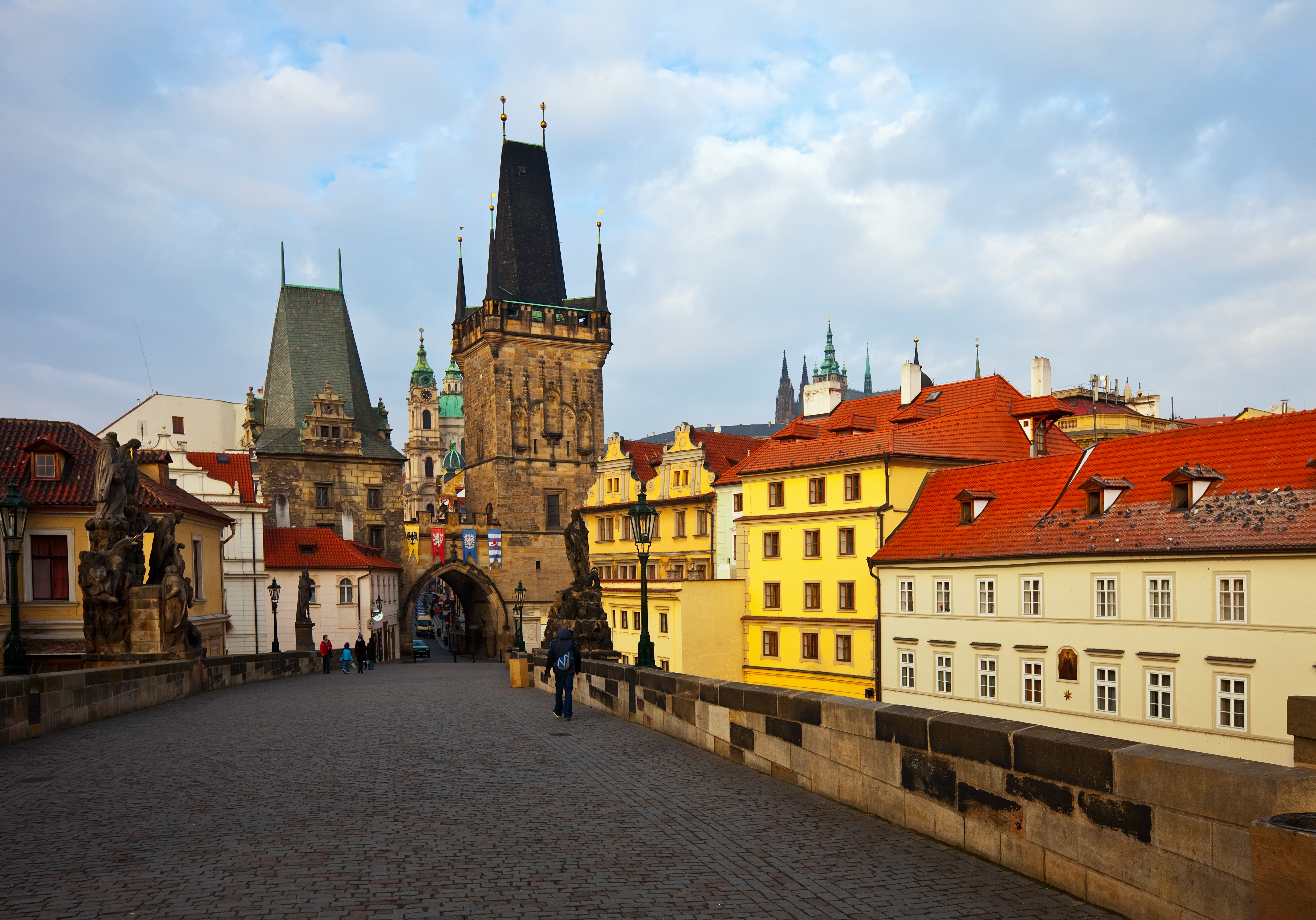
Czechia Stay Requirements
Once you are living in Czechia on a Živno visa, there are several important conditions you must follow to maintain your legal status. First, you are expected to spend the majority of your time in Czechia, as this visa is granted for the purpose of running a business in the country. Extended stays outside Czechia could raise questions about whether you are genuinely fulfilling the purpose of your residence.
You are also required to keep your accommodation registered with the authorities and to notify the Foreign Police if you change your address. Within three business days of arrival, you must report your residence, and any future moves must also be reported promptly.
Another key requirement is participation in the Czech social and health systems. As a self-employed person, you will be responsible for registering with a health insurance provider and paying monthly premiums, as well as registering with the Czech Social Security Administration and making contributions. Failure to pay regularly can lead to penalties and may negatively affect your ability to extend or renew your visa.
Finally, you must comply with Czech tax obligations. This means registering with the tax office, filing annual tax returns, and paying any due income tax. Keeping accurate records of your business income and expenses is essential. Meeting these obligations consistently not only keeps you in good standing with the authorities but also strengthens your case when you apply to extend your visa or transition to long-term residence.
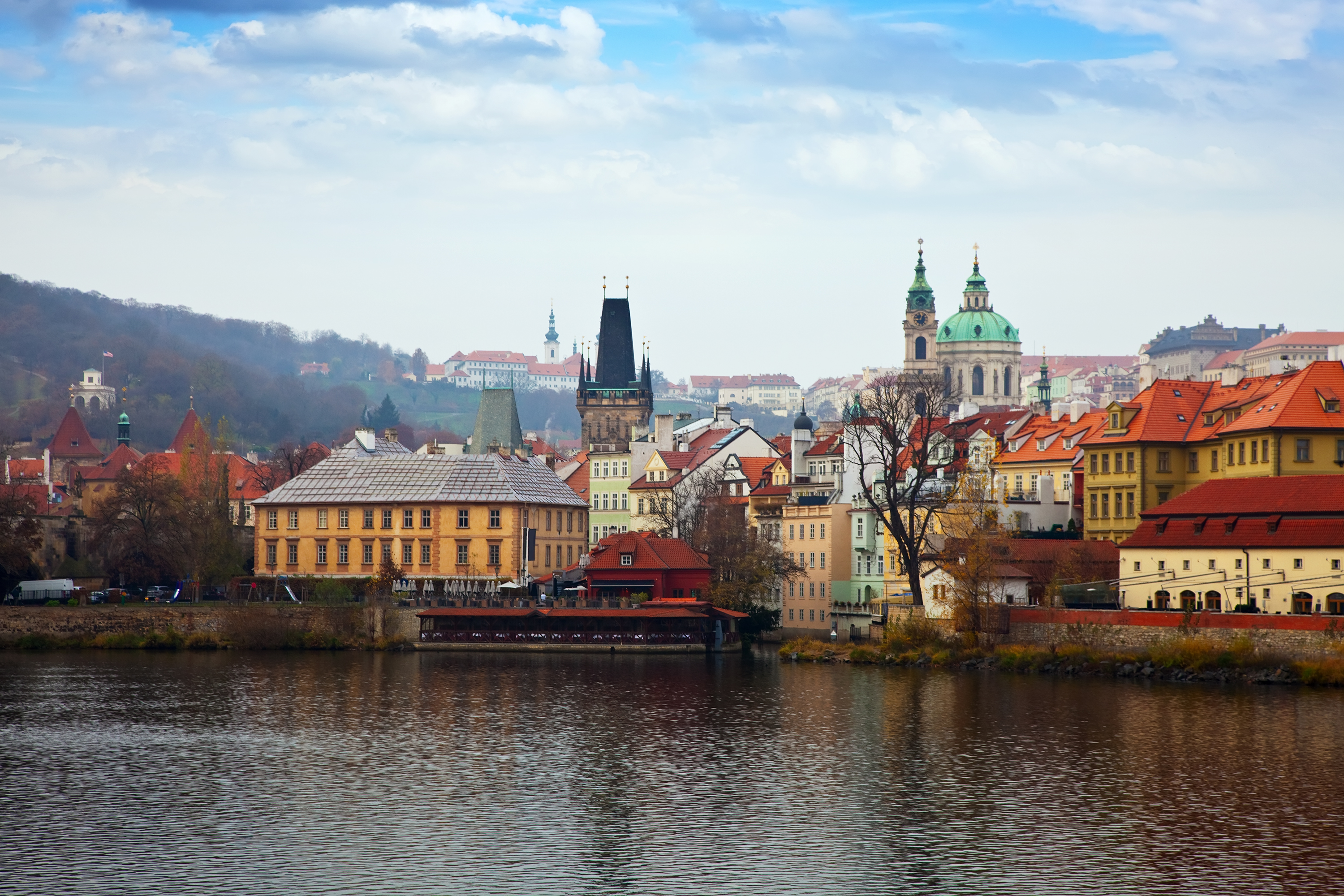
How Much Does the Czech Živno Visa Cost?
Applying for the Czech Živno visa involves several fees and expenses, both official and practical. The core cost is the visa application fee, which is paid at the embassy or consulate when you submit your application. As of 2025, the standard fee for a long-term visa for the purpose of business is approximately CZK 5,000 (around USD 205), though this can vary slightly by embassy.
Beyond the application fee, you should budget for additional expenses related to preparing your application. These include:
Document translations and legalizations – all foreign documents must be officially translated into Czech, and in many cases legalized with an apostille or superlegalization. Fees depend on your country, but can add up quickly.
Criminal record extract – obtaining this from your home country or other countries of residence often involves its own fees.
Proof of funds – you must show that you have at least CZK 156,500 (approx. USD 6,417) in accessible savings or income. While this is not a payment to the government, it is a financial requirement you must meet.
Health insurance – before collecting your visa, you will need to purchase private health insurance valid for Czechia. The price depends on your age, health, and length of coverage.
Accommodation – proof of housing is required, which could mean advance rental costs or other contractual commitments.
All fees paid to the Czech authorities are non-refundable, even if your application is denied. Because of this, it is recommended to ensure that your application is complete, accurate, and professionally prepared before submission.
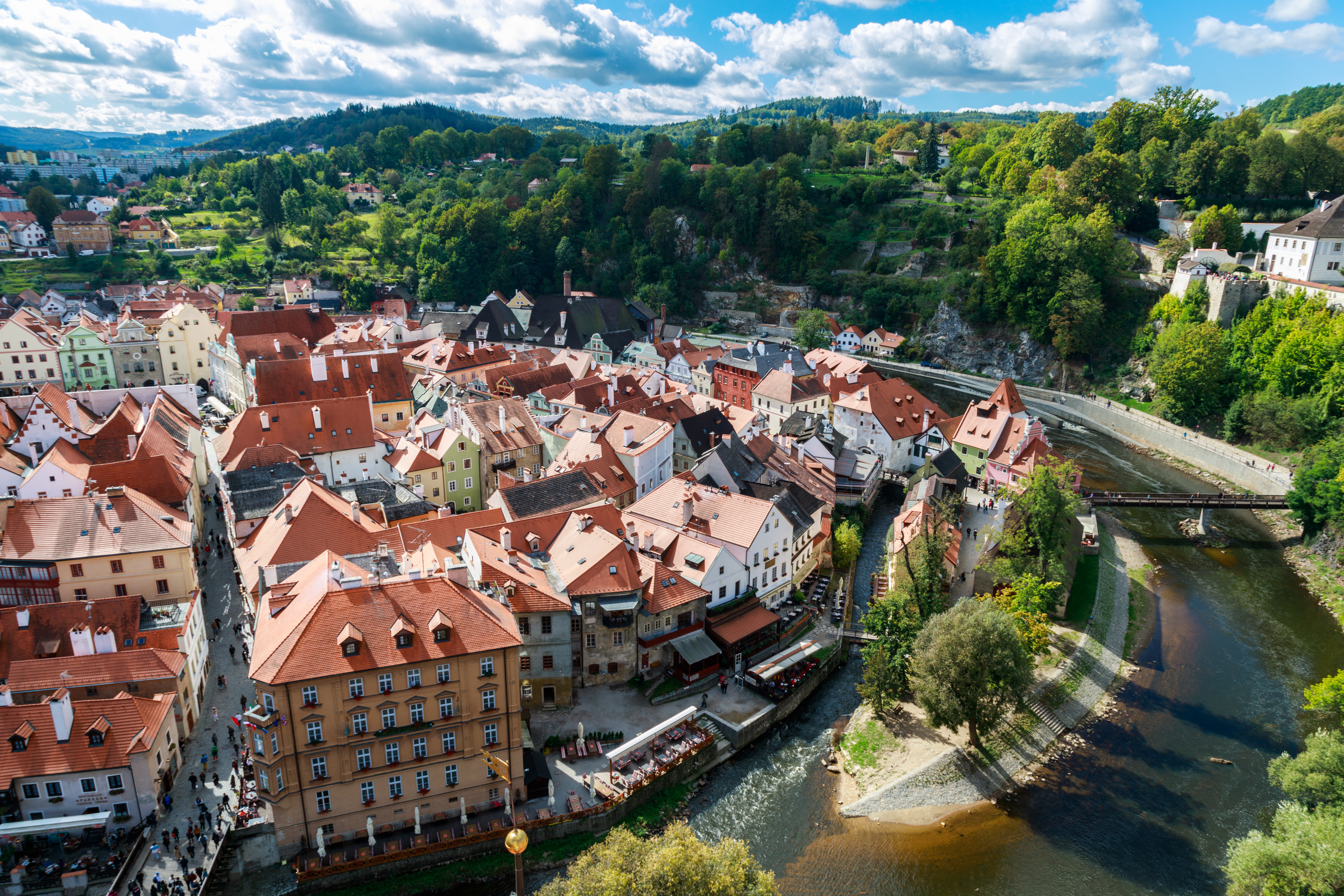
Taxes for People With a Czech Živno Visa
Holding a Živno visa means you are recognized in Czechia as a self-employed person, and with that status comes several tax and payment obligations. These responsibilities are central to keeping your visa in good standing, and failing to comply can cause problems with renewals or future residence applications.
As a freelancer or sole trader under the Živno system, you must register with the Czech Tax Office, the Czech Social Security Administration, and a health insurance provider shortly after arrival. Once registered, you are required to pay three main contributions:
Income Tax – Self-employed individuals pay personal income tax on their annual earnings. The standard rate is 15% of taxable income up to a certain threshold, with a higher 23% rate applied to income above that level. You must file an annual tax return each year, usually by the end of March, and pay any tax owed.
Social Security Contributions – These are mandatory for all freelancers and help fund future pension entitlements. The contribution amount is based on your reported income, with minimum monthly payments set by law.
Health Insurance Premiums – You must be insured with a Czech health insurance company and pay regular monthly premiums. The amount again depends on your income, but there is also a legally established minimum.
One feature of the Czech system that can benefit freelancers is the flat-rate expense allowance (paušální výdaje). Instead of tracking every business expense, you may deduct a fixed percentage of your income as expenses, with the percentage depending on the type of activity. This can simplify accounting and lower your taxable base.
Keeping accurate records and filing on time is crucial, as missed payments or late filings can result in penalties. Many freelancers choose to work with a Czech accountant to stay compliant, especially if they are unfamiliar with local tax law. By meeting your tax obligations diligently, you not only protect your legal status but also strengthen your position for visa extensions, long-term residence, or even permanent residency in the future.
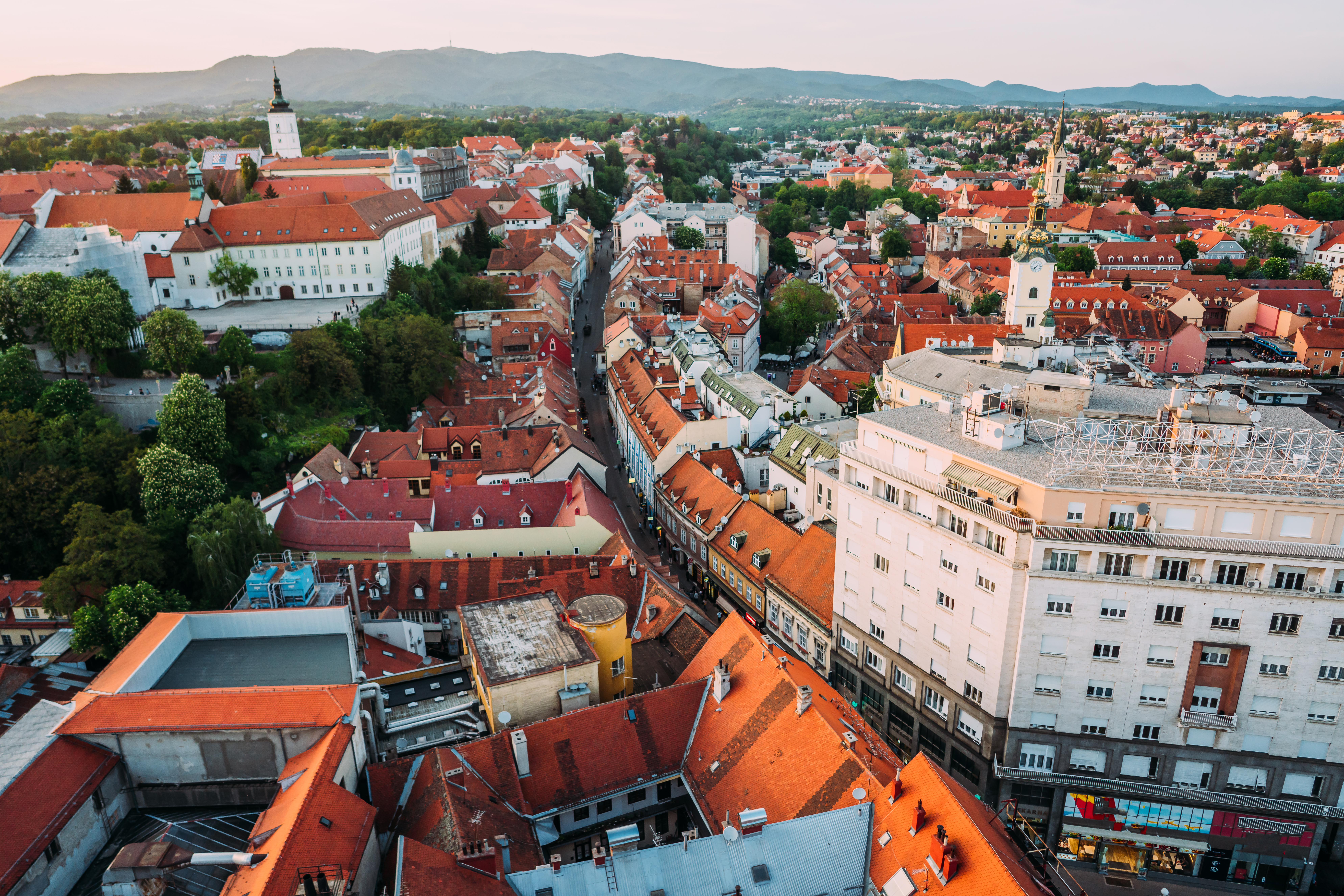
Living in Czechia with a Freelance Visa
Living in Czechia on a Živno visa offers freelancers and self-employed professionals the opportunity to experience life in one of Central Europe’s most dynamic and accessible countries. Cities like Prague and Brno are particularly attractive, offering a vibrant tech and startup scene, excellent public transport, and a rich cultural life. With the freedom to work for multiple clients, many visa holders enjoy a flexible lifestyle that balances work and exploration. Czechia’s relatively low cost of living compared to Western Europe makes it easier for freelancers to sustain themselves while investing in their business.
Beyond the practical advantages, residing in Czechia allows you to fully integrate into local society. You can open bank accounts, rent apartments, and access healthcare and social services, provided you comply with registration and insurance requirements. Networking opportunities abound through coworking spaces, business associations, and professional events, helping you expand your client base or even collaborate on international projects. While the Živno visa requires diligence in maintaining compliance with financial and legal obligations, it provides a stable framework for building both your professional career and your life in the country.
Best Cities to Live in Czechia
Czechia offers a variety of cities that are attractive for freelancers and self-employed professionals. From the bustling capital to smaller cultural hubs, each city has its own charm, lifestyle, and opportunities for business and networking.
Prague
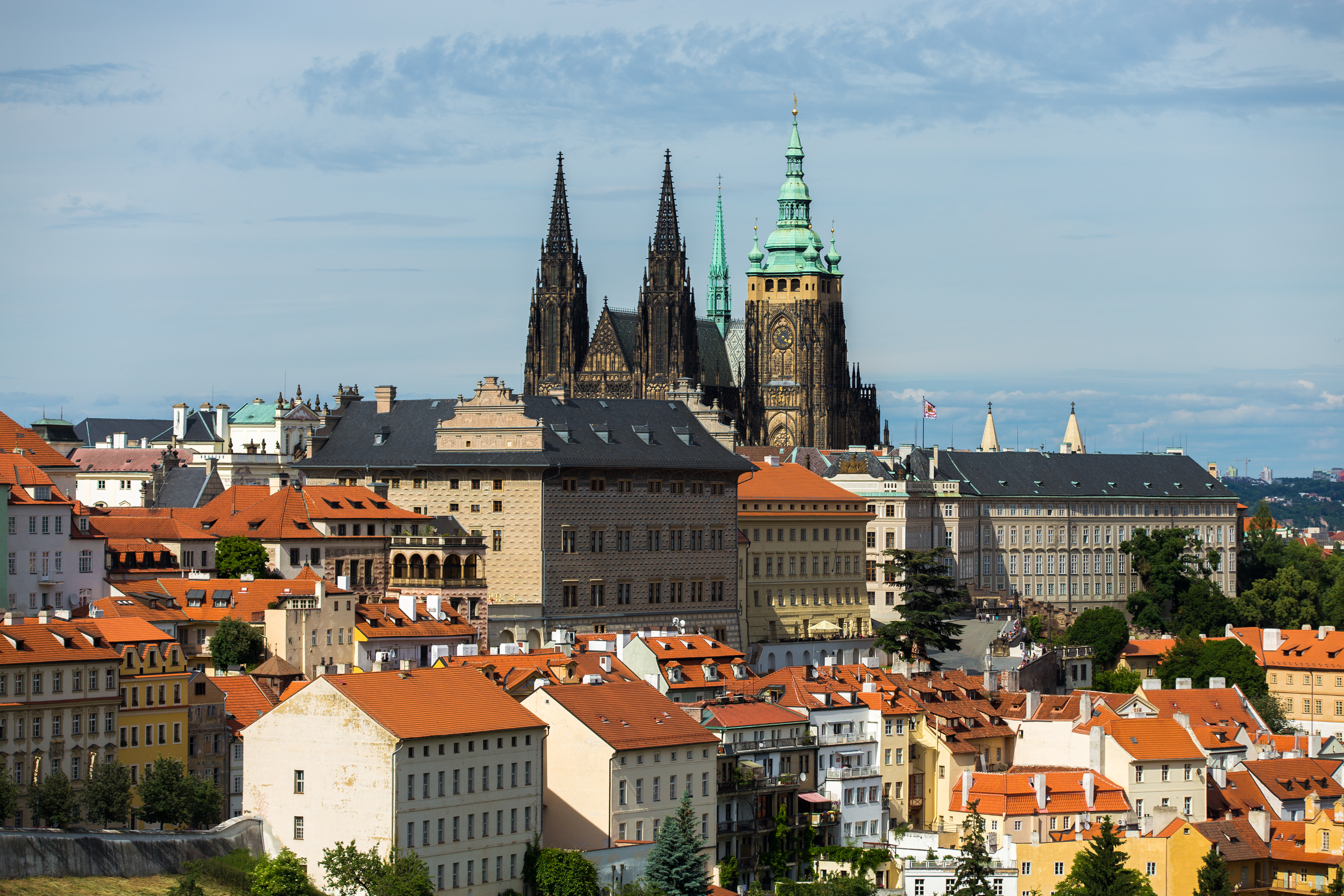
Prague, the capital city, is the heart of business, culture, and international life in Czechia. Known for its stunning architecture, historic Old Town, and vibrant arts scene, Prague also hosts a strong startup ecosystem and numerous coworking spaces, making it ideal for freelancers and entrepreneurs. While the cost of living is higher than in other Czech cities, the city’s infrastructure, transport system, and professional opportunities make it a top choice for long-term residents.
Brno
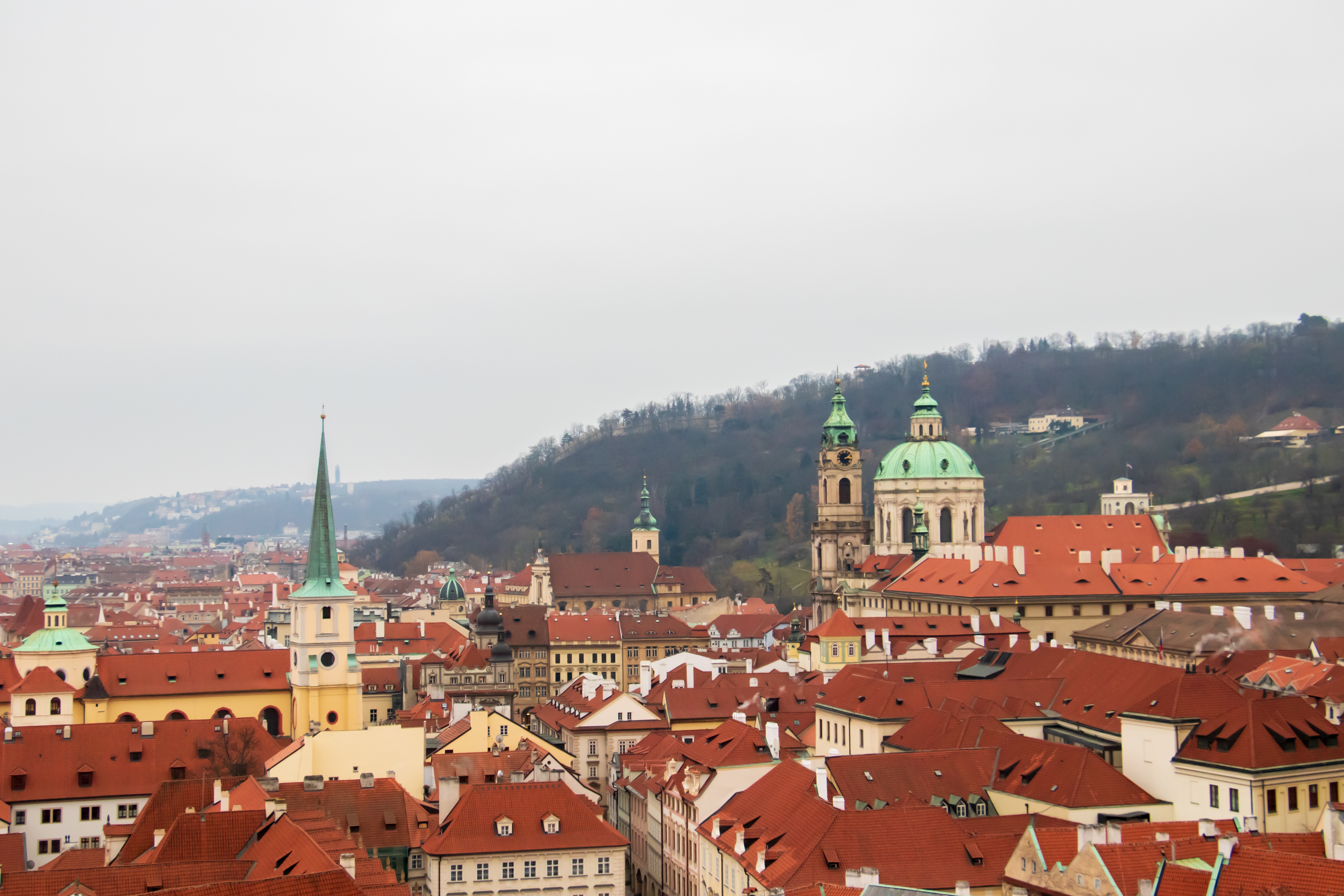
Brno, the country’s second-largest city, offers a more affordable yet dynamic alternative to Prague. As a university city with a growing tech sector, Brno attracts a mix of students, innovators, and remote workers. The city balances modern business opportunities with a relaxed lifestyle, boasting cultural events, green spaces, and a close-knit international community. For freelancers seeking a professional environment without the higher living costs of Prague, Brno is an excellent option.
Plzeň
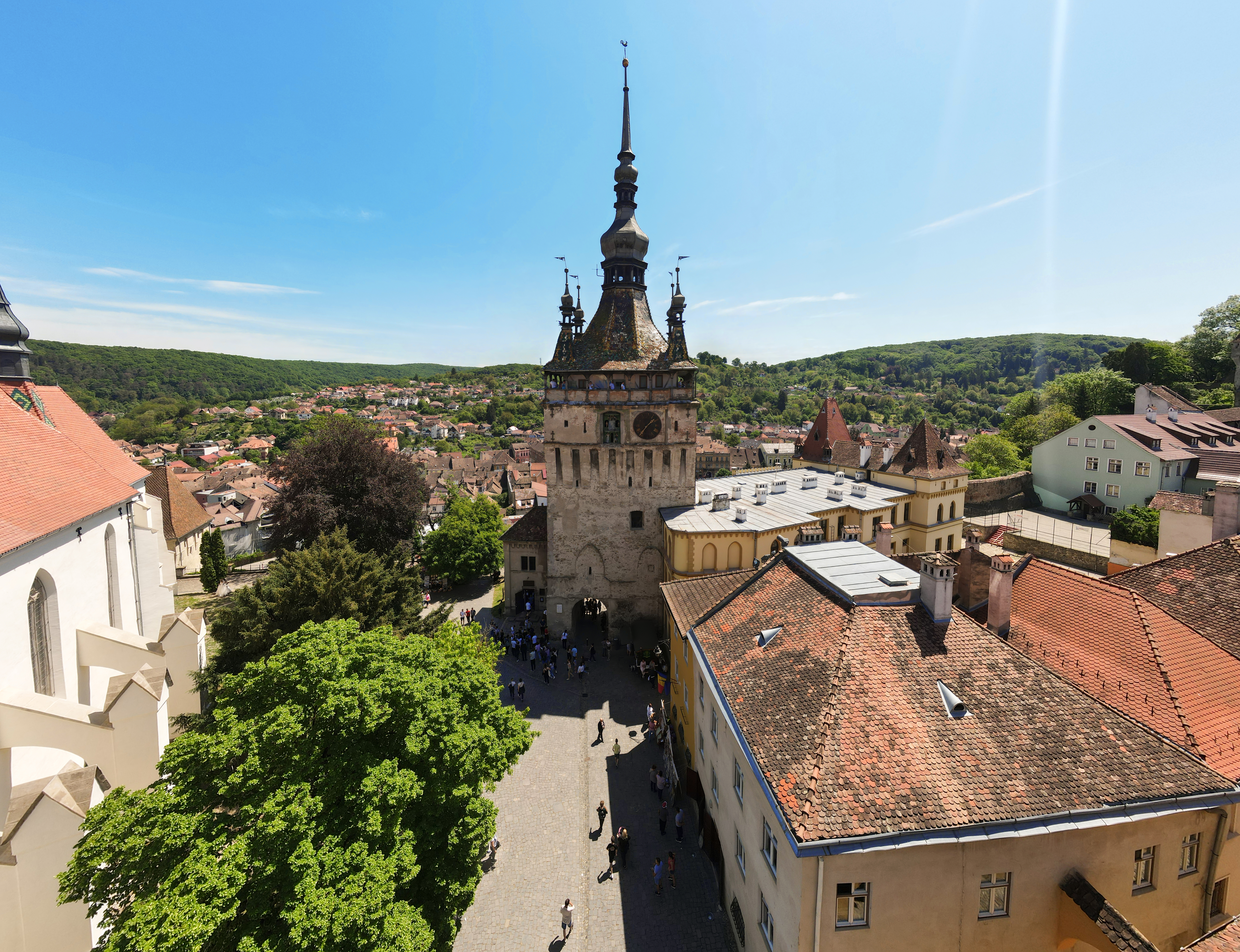
Plzeň, famous as the birthplace of Pilsner beer, is a smaller city with a rich industrial and cultural heritage. It provides a quieter lifestyle compared to Prague or Brno while still offering modern amenities, coworking spaces, and access to business networks. The city’s affordability, combined with its central location and transport connections, makes it attractive for freelancers and entrepreneurs who value a balance between professional life and a relaxed, local lifestyle.
Cost of Living
The official currency of the Czech Republic is the Czech koruna (CZK). 1 CZK = approximately $0.045 USD.
The average net monthly salary in the Czech Republic is around 36,330 CZK, which equates to approximately $1,640 USD.
Here’s a rundown of what you should expect to pay in different cities:
Prague
Rent (1 bedroom in city center) - $1,090 per month
Rent (3 bedrooms outside city center) - $1,450 per month
Basic Utilities - $315 per month
Wi-Fi - $27 per month
Public Transport - $1.30 one-way
Groceries (2 people) - $400–$500 per month
Brno
Rent (1 bedroom in city center) - $740 per month
Rent (3 bedrooms outside city center) - $1,010 per month
Basic Utilities - $159 per month
Wi-Fi - $19 per month
Public Transport - $1.10 one-way
Groceries (2 people) - $230–$460 per month
Plzeň
Rent (1 bedroom in city center) - $680 per month
Rent (3 bedrooms outside city center) - $900 per month
Basic Utilities - $265 per month
Wi-Fi - $20 per month
Public Transport - $1.25 one-way
Groceries (2 people) - $300–$400 USD per month
FAQs
What is the Czech Živno visa?
The Živno visa is a long-term visa for non-EU nationals who want to live in Czechia and work as self-employed professionals or freelancers. It allows holders to legally run a business under a Czech trade licence (živnostenský list) while residing in the country.
Who can apply for a Živno visa?
The visa is available to third-country nationals (non-EU/EEA/Swiss citizens) who plan to conduct business or provide freelance services in Czechia. Applicants must meet financial, legal, and professional requirements, including having a trade licence and proof of sufficient funds.
How long does it take to get a Živno visa?
Processing times typically range from 60 to 120 days, depending on the embassy or consulate and the completeness of your application. Delays can occur if additional documentation is required.
Can I bring my family with me on a Živno visa?
Yes, in many cases you can apply for dependent visas for your spouse and children. Each dependent must meet the embassy’s requirements, including proof of accommodation, sufficient financial means, and health insurance.
Can I work for multiple clients with a Živno visa?
Yes, the Živno visa allows you to work for multiple clients, both in Czechia and internationally, as long as your activities align with your registered trade licence. Freelancers can invoice clients, provide services, and run their business legally under the visa.
Author
Nadia Dardón is a content creator from Guatemala. She has worked fully remotely for the past six years as a copywriter, editor, and content creator, working for different industries. She started her digital nomad journey in 2022 and currently lives as an expat in Spain.
